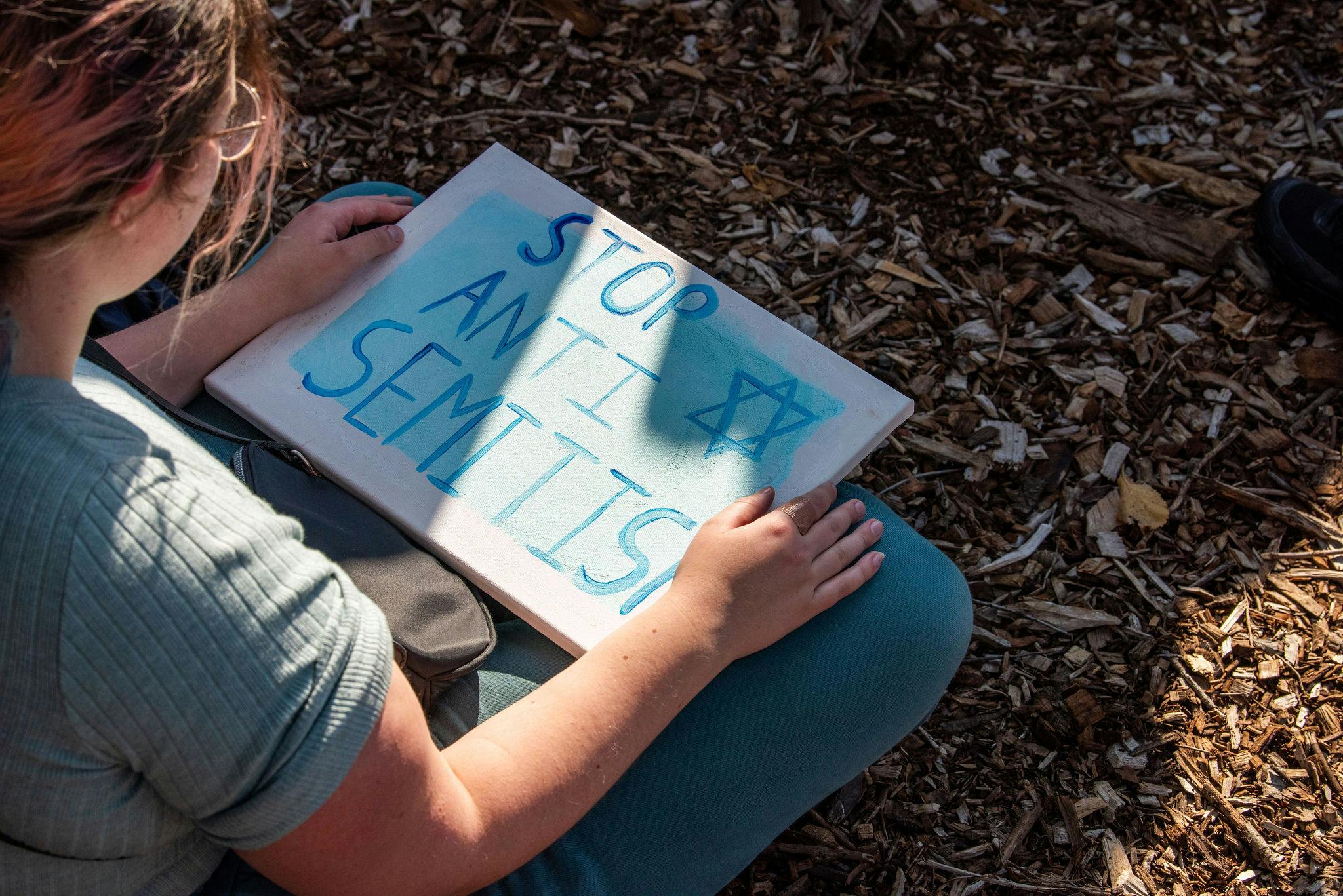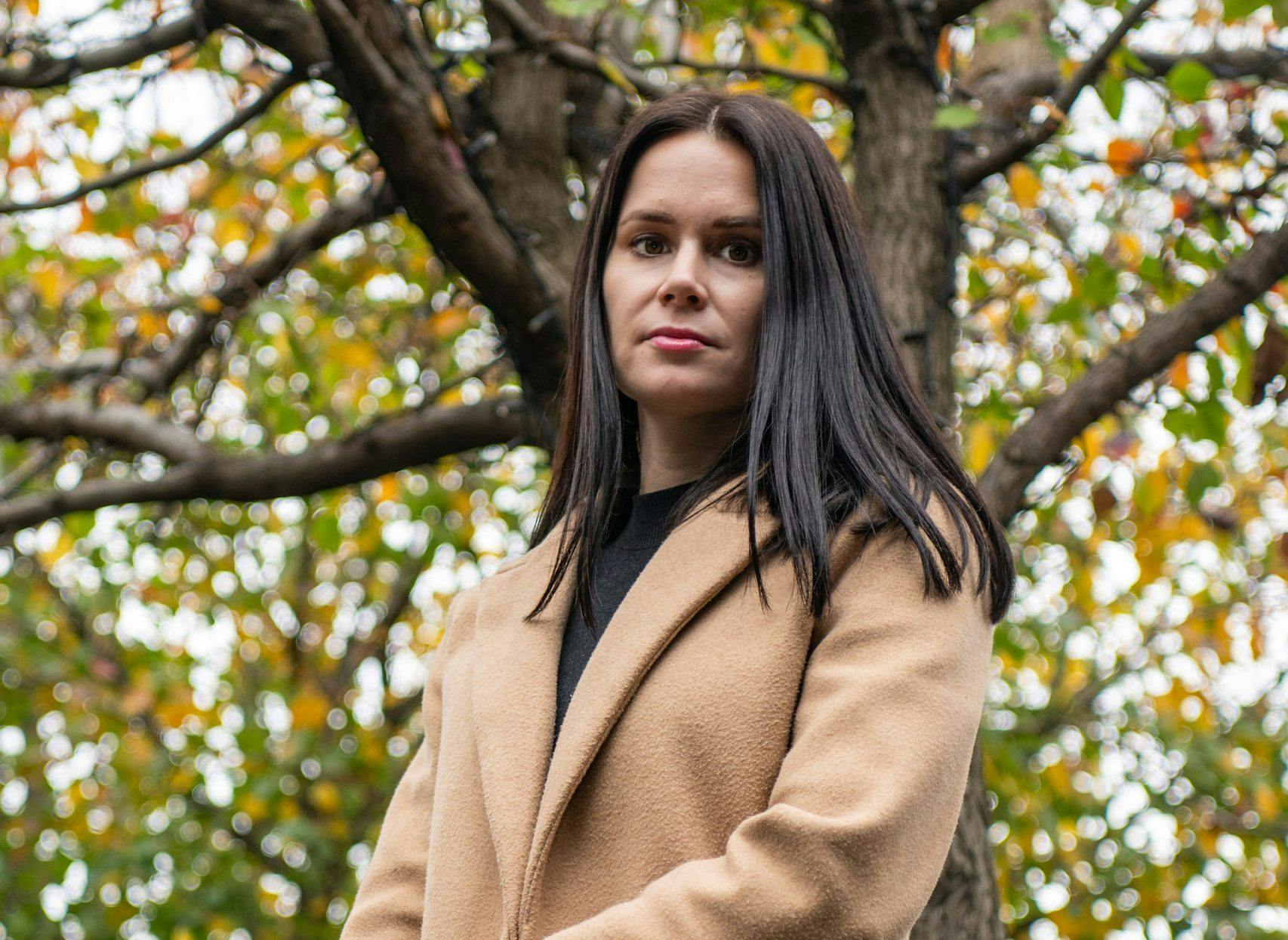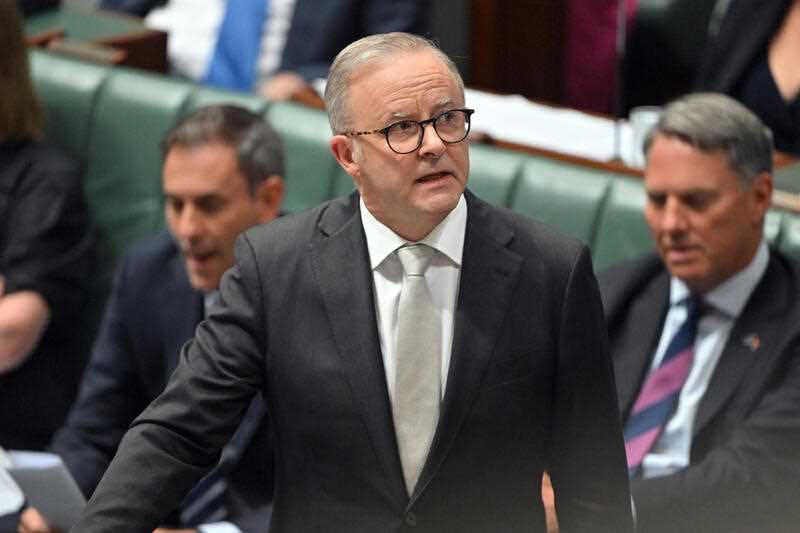Published: 6 March 2019
Last updated: 4 March 2024
An Indigenous community leader spoke of his people’s possessing land under their “own laws and customs … from the Creation … from ‘time immemorial’, ... a spiritual notion: the ancestral tie between the land (and people) ...”
Sound familiar?
Though strongly echoing the motives in establishing the Jewish homeland, this text actually forms part of The Uluru Statement: Enshrining the position of Aboriginal and Torres Strait Islander tribes, which was released in May 2017 at a National Constitutional Convention.
The man who spoke these words on Sunday night was Thomas Mayor, President of the Northern Territory Trades & Labour Council, who is seeking constitutional reforms to empower Indigenous Australians to “take a rightful place in our own country”.
Mayor, a former co-chair of the Uluru Working Group, and a signatory to the Uluru Statement from the Heart, is a Torres Strait Islander from the Darwin area and is not only a proud First Nations leader - one of his grandfathers was a Jewish Polish refugee.
The echoes for Jewish people were strong for Rabbi Jeffrey Kamins, convener of the Emanuel Synagogue series. “When you hear that Statement … their deep connection to land and place; there’s just so many parallels,” Rabbi Kamins told The Jewish Independent.
“The Torah, in a sense, is our Dreamtime, our storytelling of our people, and our connection to the land…This strongly goes to giving support to those who are disempowered and oppressed… even more as a Jew who’s called to social justice.”
[gallery columns="2" size="medium" ids="26618,26619"]
The Statement calls for the establishment of a First Nations Voice enshrined in the Constitution and the creation of a Makarrata or Treaty Commission involving the recognition of Indigenous voices.
From the language of Arnhem Land’s Yolngu people, Makarrata means people coming together after a struggle and healing the past, making peace after a dispute. It is intended to be an agreement between Australians.
“For a long time, Aboriginal people have been calling for this but this time we’re not walking away, it’s an invitation to the Australian people to join,” Mayor told The Jewish Independent.
As someone who was very much involved in the Statement’s process, Mayor brought with him an original and beautifully illustrated and signed copy to the Emanuel Synagogue.
When the Statement was read out aloud to the packed room, everyone stood up in unison and applauded. It was an emotional moment. This was exactly the way it was received at Uluru.
“When the Uluru Statement From The Heart was read for the very first time, the entire room at that moment, stood up as one, and endorsed it,” Mayor said.
The Statement has been similarly met in meetings around Australia. Mayor observed: “This forum was an example of the true spirit of the Australian people and our humanity. I think this is the same throughout the country. It just takes brave leadership and that includes leadership in these communities.”
This leadership mantle has been readily taken up in the Jewish community. A few months ago, Rabbi Kamins happened to be listening to the radio and heard the first nations community was getting active in getting the Statement out to the public. “It was really important for me to make something happen,” he said.
[gallery columns="1" size="large" ids="26621"]
Kamins sees this as part of the ever-evolving process of establishing rights for those who’ve been disenfranchised. “When we started talking about marriage equality over 20 years ago, we had to start teaching our community about what Judaism says about human sexuality...
“Similarly, to get people ready for this referendum – that I do believe will come one day, what we need to do is educate … about what really has happened here over 200 years. We’ll be doing that through the power of learning.”
The In Conversation discussion series continues at Emanuel Synagogue on the first Sunday of each month. The next will be held on April 7 at 5pm, and is titled The Lost Memoirs of Dr Kampfner.
All photos: Ofer Levy




